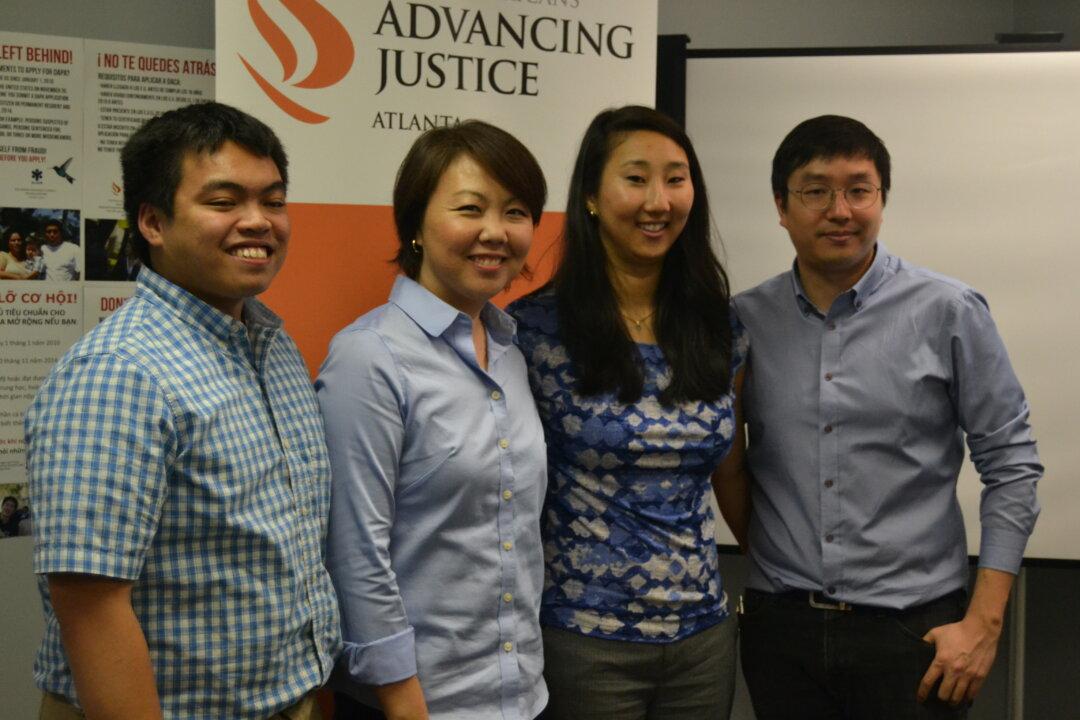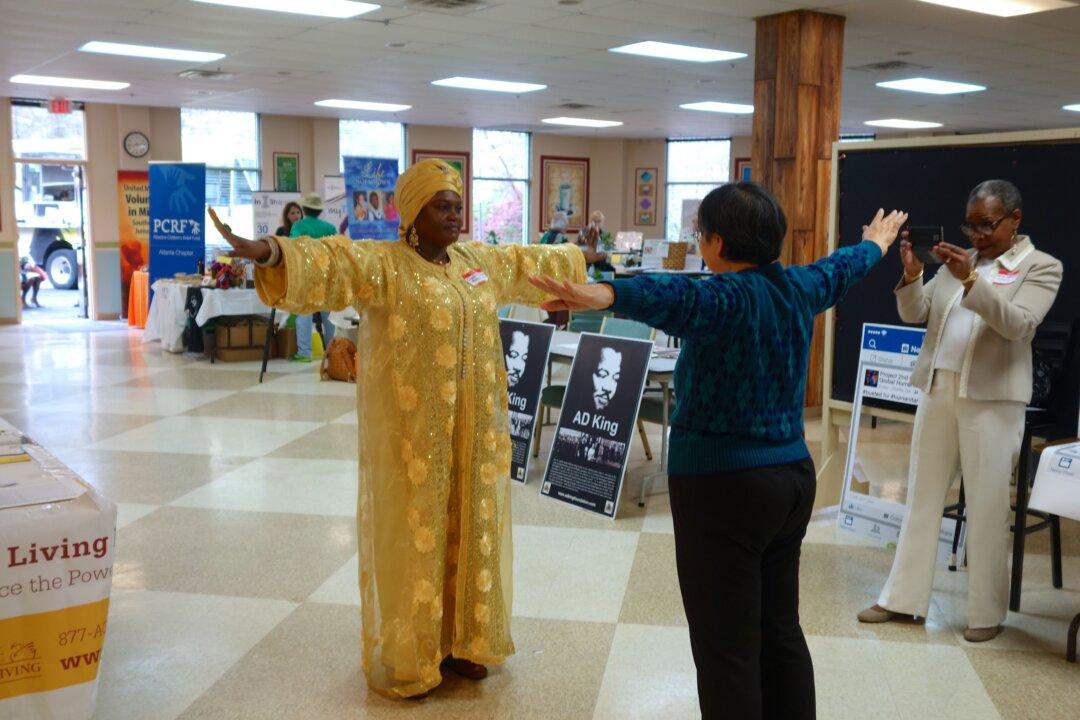For the first time, an Atlanta non-profit will offer free legal help and low cost legal immigration services for Asian people. Asian Americans Advancing Justice—Atlanta offers a legal hotline in five languages, legal help, and ESL citizenship classes, according to AAAJA Executive Director Helen Kim Ho. She has wanted to do this for a long time, and is taking a risk.
Ho left her corporate legal career and started the non-profit, then called Asian American Legal Advocacy Center, in 2010. It was “the first non-profit law center dedicated to promoting the civil, social and economic rights of Asian immigrants and refugees in the South,” according to its website. At first she drew no salary and worked from her home. Now she has a staff, an office, and a boatload of awards.
The risk is this: costs for the hotline, citizenship classes, and immigration help come from AAAJAs’ existing operating budget. There is no big grant and no big revenue stream to support it, so far.
“We want this to be sustainable,” said Ho. They charge for ESL/citizenship classes, which culminate in taking the citizenship test. But a student can take the class as many times as he or she needs to to pass, without paying the fee again. And they will give scholarships to people who cannot afford the fee.





